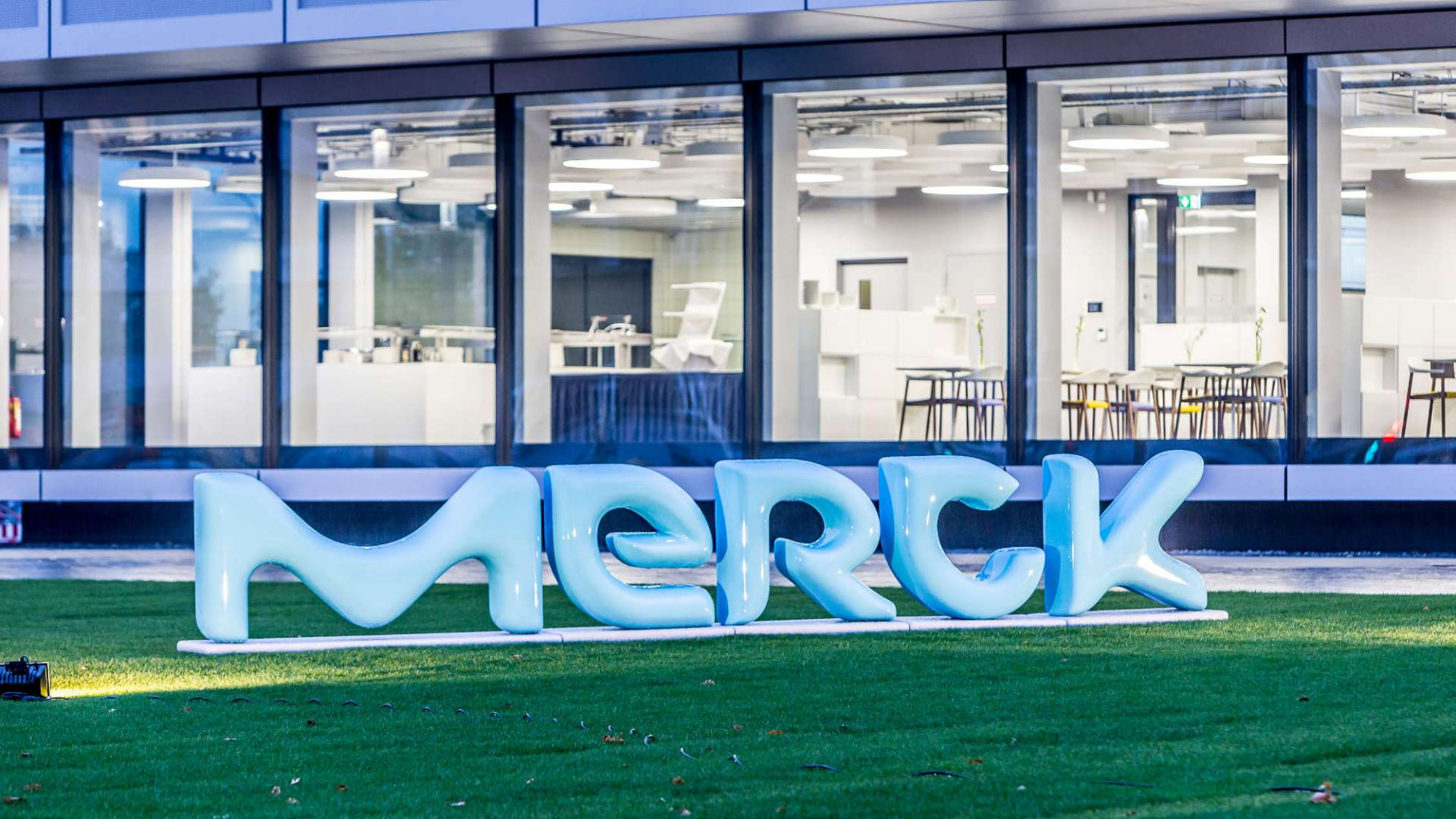Merck, the science and technology company, has announced the inauguration of a new installation of solar panels at its biotechnology plant in Tres Cantos (Madrid), which is already operational and is an example of the company's commitment to renewable energy as a source to cover part of the electricity demand necessary for the operation of its sites in Spain. The new 2,750 m2 photovoltaic park generates 800 MWh/year of renewable electricity - which covers approximately 15% of the site's annual electricity consumption - and will prevent the emission of 218 tonnes of CO2 per year.
"Everything we do at Merck and the way we do it responds to our goal of leaving the best possible legacy for future generations, which is why caring for the environment is a priority for the company", says Manuel Zafra, President of Merck in Spain, adding: "this commitment to solar energy, especially in a country like ours with an average of 2,500 hours of sunshine a year, is a fundamental step to continue growing in self-consumption of energy and doing so in a clean, sustainable way and reducing the carbon footprint". This installation is in addition to the one already commissioned last September at the company's site in Mollet del Vallès (Barcelona), which is fully operational, with a surface area of 10,600 m2 and which generates 2,800 MWh/year of renewable electricity, covering approximately 16-18% of the site's annual electricity consumption and avoiding the emission of 800 tonnes of CO2 into the atmosphere each year.
Thanks to this programme, the company expects that, combined, the two infrastructures will generate around 3,600 MWh/year of renewable electricity, equivalent to the average annual consumption of 1,092 Spanish households, thus avoiding the emission of 1,018 tonnes of CO2 per year.
This initiative is fully aligned with the United Nations 2030 Agenda for Sustainable Development. By 2030 Merck aims to reduce its greenhouse gas emissions by 50% and cover 80% of its electricity with renewable energies and achieve climate neutrality by 2040, 10 years earlier than the European Green Pact.
